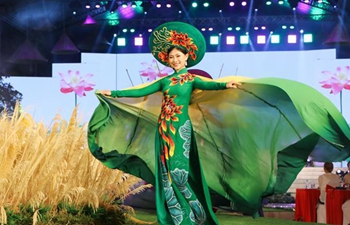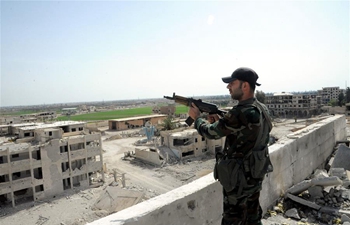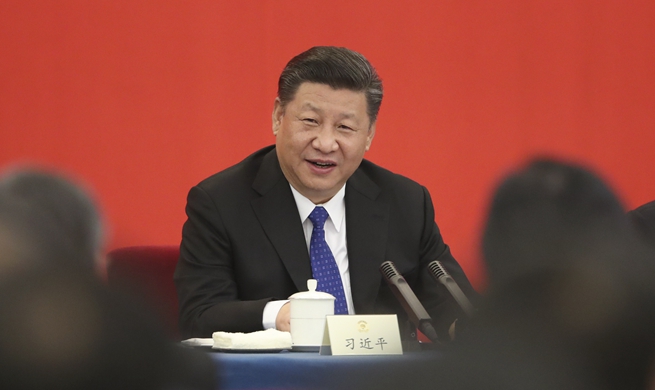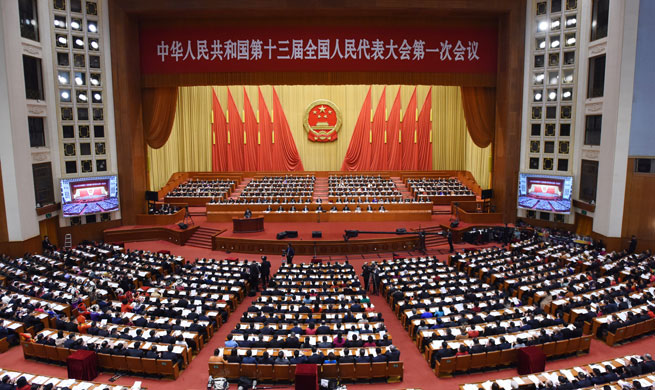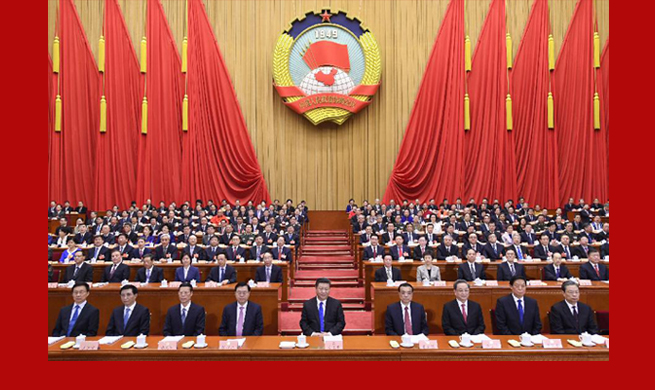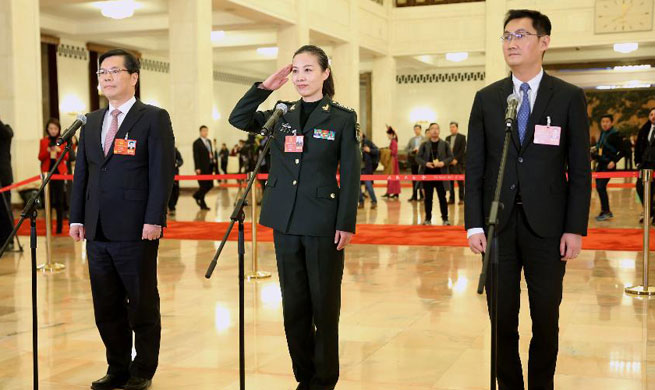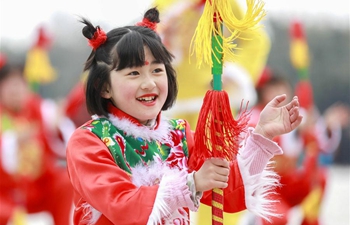RAMALLAH, March 5 (Xinhua) -- Palestinian government approved on Monday a number of law amendments and regulations that empower women to practice civil rights, ahead of international women's day.
A set of laws have been amended and a new law amendment has been submitted to President Mahmoud Abbas to put an end to decreased punitive measures for those indicted of women honor killing, Palestinian Prime Minister Rami Hamdallah said in a public announcement.
The new law changes will allow Palestinian women to apply passports, open bank accounts and change schools for their children, the rights only Palestinian men previously had.
"Under the supervision of President Mahmoud Abbas, we work to move towards a practical and empowering reality where women enjoy part of their legitimate rights. Therefore, I announce today a package of measures to amend unjust laws and practices against women," said Hamdallah in his declaration of the new set of laws.
Suheir Farraj, director of Women Media and Development Center, commented on the announcement saying "these are simple and daily affairs that affect women and children but they have great meaning. It is essential that we are getting rid of those laws that violate the essence of justice, hoping it would be a first step towards harmonizing with international laws and signed agreements."
She highlighted that this is an achievement credited to the Palestinian women movement "that has been struggling to make this change since a long time."
She added "in light of the absence of the Palestinian legislative council, we are seeking the most out of what we can achieve," which includes the change of the entire Palestinian legal framework towards women, the protection form violent act, the penal code and the civil status law.
According to the Palestinian Central Bureau of Statistic's latest figures, women represent 49.2 percent of the Palestinian society. However, the representation of women in public life has been low and they are still struggling for achieving civil, social, economic and political rights.





